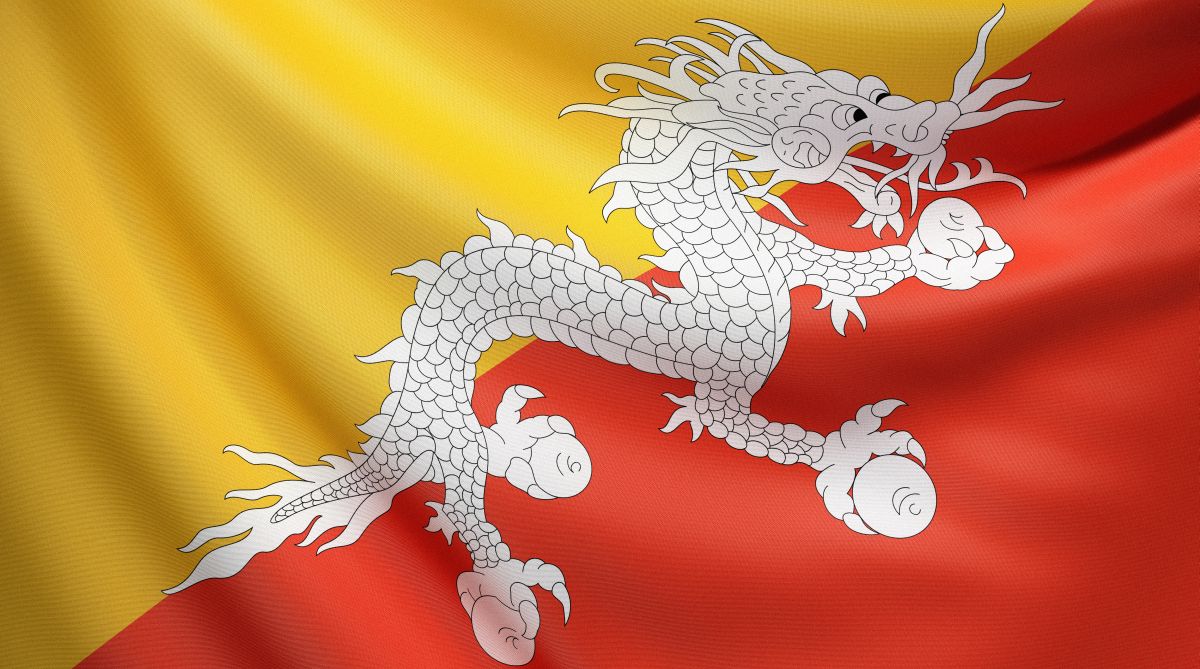PM Modi on 3-day visit to 3 states–MP, Bihar, Assam–from Sunday
According to the Prime Minister’s Office (PMO), the Prime Minister will visit Madhya Pradesh, Bihar and Assam from February 23-25.
Relations with both India and China have become an important issue in the election campaign in Bhutan which has been for decades heavily dependent on New Delhi for its economic survival.

(Photo: Getty Images)
New Delhi is keeping a close watch on the upcoming National Assembly elections in Bhutan amid attempts by China to woo the tiny Himalayan nation with which it does not currently have diplomatic ties. The primary round of Bhutan elections is to be held on Saturday, followed by the final round on 18 October.
Sources in New Delhi emphasised that Bhutan was an important country for New Delhi in the neighbourhood and it had always occupied a special place in India’s foreign policy.
Advertisement
The sources recalled that Bhutan had fully backed India during last summer’s military stand-off with China at Doklam that eventually forced Beijing to push back its troops from the tri-junction between India, China and Bhutan.
Advertisement
They also noted that Prime Minister Narendra Modi had chosen to make Bhutan the destination of his first foreign visit in June 2014 after the NDA came to power. Modi is expected to again visit Bhutan once the new government is in place.
READ | Why is China ignoring India’s sovereignty concerns, asks Parliamentary Committee
Relations with both India and China have become an important issue in the election campaign in Bhutan which has for decades been heavily dependent on New Delhi for its economic survival.
People in Bhutan have lately become concerned about their sovereignty. There are many in Bhutan seeking to cash in on anti-India sentiments which grew after New Delhi suddenly withdrew its subsidy for kerosene and cooking gas supplies in 2013, triggering a crisis in the Himalayan nation. Though India restored the subsidy later, the people in Bhutan saw the development as direct interference in the internal affairs of their country. Luckily for New Delhi, all four major parties in the parties consider India important for Bhutan while China is considered ‘opportunist’.
Regardless of which party wins the elections, the biggest issue the next government would have to deal with will remain relations with its two giant neighbours: India and China.
Beijing has made some significant overtures in recent years to build bridges with Bhutan. In July, China’s Vice Foreign Minister Kong Xuanyou visited Bhutan, raising many an eyebrow in the corridors of power in New Delhi. During his visit, the Chinese leader assured Thimphu of his government’s commitment to resolve the China-Bhutan boundary dispute amicably. China has so far held 24 rounds of discussions with Bhutan for resolving the border dispute. Reports have suggested that China has been putting pressure on Thimphu to accept a land swap deal that could bring Doklam under Beijing’s control, posing serious security implications for India. Many observers in India believe China is not far from establishing full diplomatic relations with Bhutan.
Advertisement